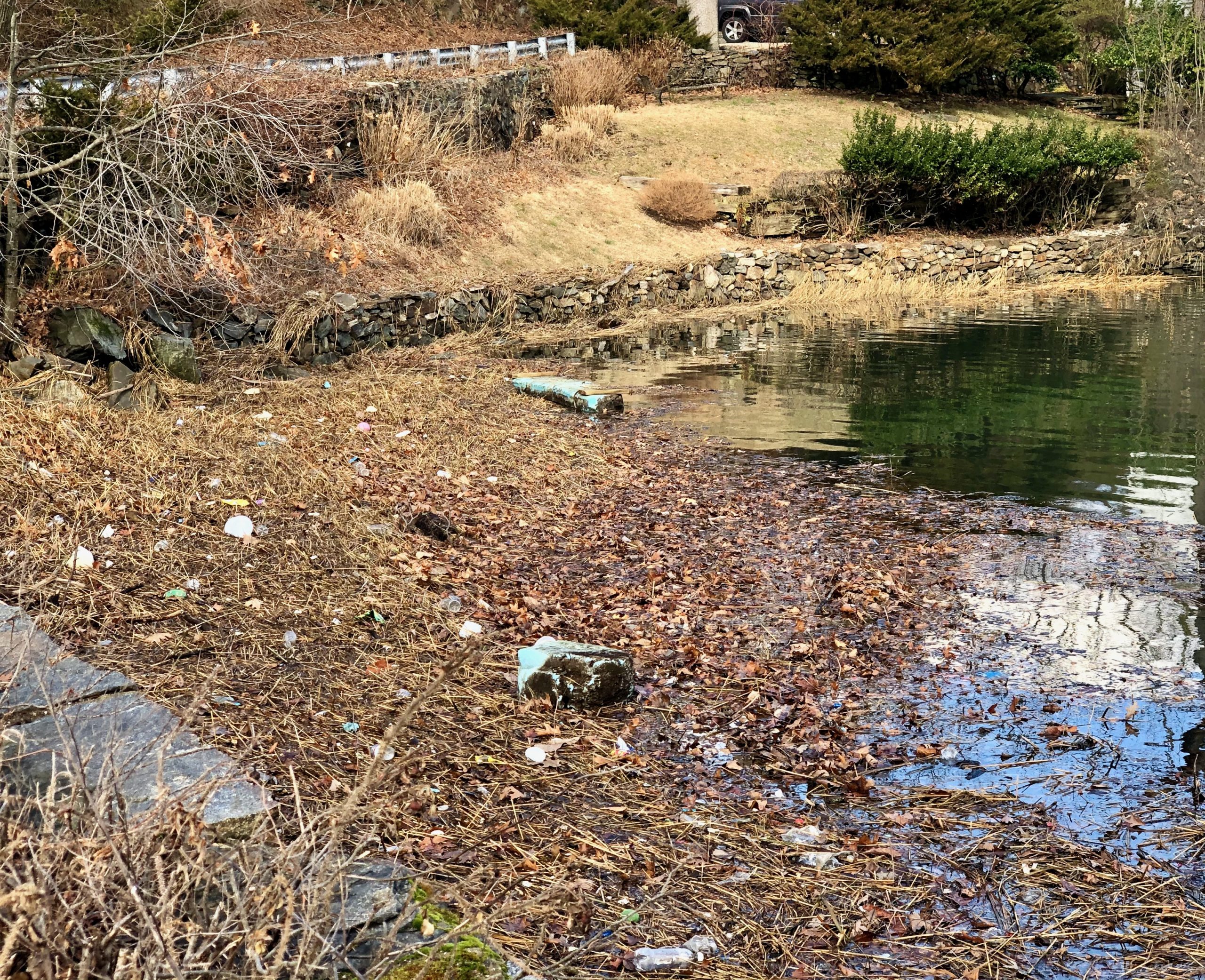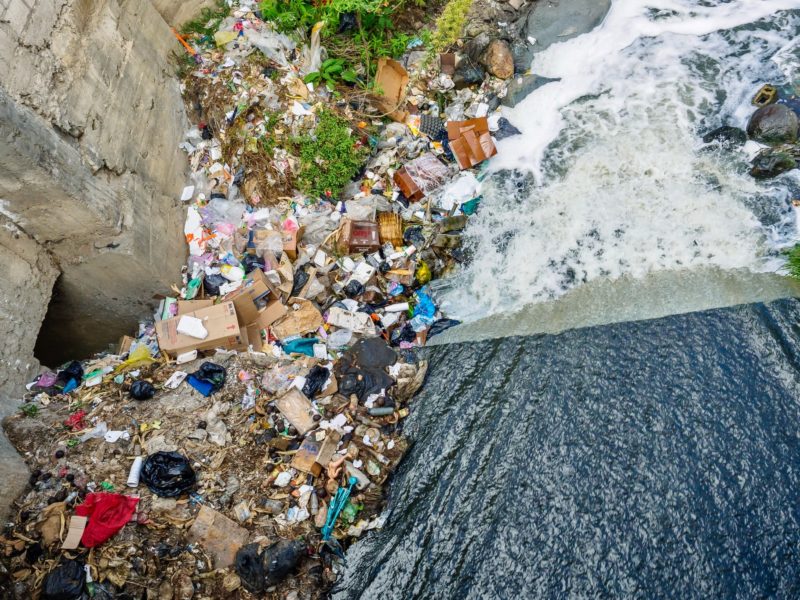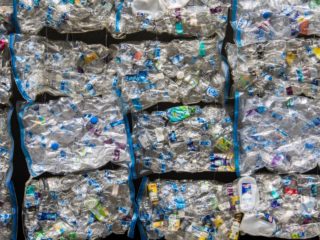Extended producer responsibility. What is it? And why is it important?
Before I get to that, let me share a bit of recent news that caught my eye. A new study by the Minderoo Foundation shows that just twenty companies are responsible for producing over 50% of the world’s single-use plastic waste. What’s worse is that this plastic waste crisis is growing and poised to surge in future years.
As the planet grapples to stem the ever-growing plastic pollution crisis, we’ve been told that we, the consumers, are the culprits. It’s our fault that the planet is blanketed in plastic waste, so (the reasoning goes) we should be the ones responsible for cleaning up the mess.
What about the producers of all this single-use plastic? Aren’t they responsible? According to the plastic producers, no. They’re just responding to consumer demand, and if people simply disposed of their waste responsibly, this global crisis wouldn’t exist.
In fact, the producers of all this plastic assert that they’ve been helping us cure our litter habit through anti-litter and recycling campaigns. Remember the “Crying Indian” ad? It was funded through the Keep America Beautiful organization — a front-group for leaders in the packaging, plastics, and food and beverage industries.
This messaging still continues today. An excellent new study on fossil fuel companies’ climate change communication affirms the industry’s longstanding and continued tactics of shifting blame from producer to consumer.
Targeting the Real Culprits of Plastic Pollution

Let’s get back to the Minderoo report for a more accurate assessment of where the blame should be placed. A quick glance at its findings and it’s clear that producers play a major, if not the main role in plastic pollution. The report shows that despite the threat of increasing and lingering quantities of plastic waste, “the plastics industry has been allowed to operate with minimal regulation and transparency for decades” and that “These companies are the source of the single-use plastic crisis: their production of new ‘virgin’ polymers from oil, gas and coal feedstocks perpetuates the take-make-waste dynamic of the plastics economy.”
Currently, producers pay nothing for producing all this waste. Instead, taxpayers and local governments bear the costs of waste cleanup and management. Recycling costs have skyrocketed as recycling markets plummet, leaving many municipalities to grapple with increased expenses or making the difficult decision to abandon recycling programs altogether.
The Minderoo report is more than just an accounting of plastic pollution horrors. It places the blame for the world’s plastic crisis squarely on the producers. More importantly, it provides ample evidence of the need to shift our focus from managing consumption to managing production. It will be impossible to move towards a circular economy that envisions systemic changes in production without a transformative shift that assigns the cost of waste management to the true perpetrators.
What is Extended Producer Responsibility?
With no abatement in plastic production, what is the solution? (Before you say — wait! what about recycling? — read my explanation of why that won’t solve our plastic waste problem.)
This is where extended producer responsibility (EPR) steps in to address the need for systemic change. EPR is a policy model that shifts responsibility from consumer to producer, extending from production into end-of-life product management.
First proposed in 1990 by Thomas Lindhqvist of Lund University, EPR is an incentive strategy for producers to create more environmentally friendly products by making them bear the internal end-of-life costs of their products and packaging.
The main goal of EPR is to connect end-of-life waste management costs to the companies that manufacture plastic products and packaging. Most European countries have implemented some form of EPR policy and the results demonstrate that these policies have been effective: recycling rates for plastic packaging alone are higher than in the U.S.
In the U.S. Extended Producer Responsibility policies exist in some states for electronics and hard-to-recycle materials, including paint and batteries and 10 states have implemented beverage container deposit laws. As of now, however, there is only one EPR law for plastic packaging in this country: On July 13, 2021, Maine became the first state in the nation to pass its EPR Law L.D. 1541. Ten states, including New York, Oregon, and California, are currently considering some form of EPR legislation.
We Must Move Fast!

We can’t wait to implement extended producer responsibility policies. Plastic production is predicted to surge as fossil fuel companies, such as ExxonMobil, use plastics as their lifeline out of a dying oil and gas industry. As cheap “virgin” plastics are churned out, manufacturers will continue to find it more economical to use virgin rather than recycled plastics in their products. And building out new plastic production will only incentivize producers to promote the sale of virgin plastics for use in single-use plastic products.
In short, we can’t rely on market forces to stifle intensified plastic production any time soon.
But the planet can’t wait. Climate change is here and its devastating effects are being felt across the globe as it wreaks havoc on our environment and our economies. Regulatory forces must step in to stem the production of fossil fuel-derived plastics to help meet emissions reduction goals.
One piece of good news is that the cry for producers to take responsibility is getting louder — from the International Energy Agency calling for an immediate halt of all new fossil fuel supply and construction projects, to mainstream media coverage, as seen in a recent segment by John Oliver about the need for extended producer responsibility legislation.
What Can You Do?
What can you do to help us move away from the degradation of our natural resources toward a more circular economy? Continue to practice a green lifestyle by avoiding single-use products, but also vote with your wallet and at the ballot box.
Become an informed consumer. Before shopping, do a little digging into the brands and companies where you’re spending your money. Filter out those with greenwashing tactics while favoring businesses that embrace a circular economy by employing sustainable business practices and responsible waste management.
At the ballot box, become an informed voter. Support candidates who push for systemic change by sponsoring extended producer responsibility legislation and policies. In addition, a more robust legislative and regulatory framework that shifts costs from consumers to producers will disincentivize single-use plastic production in favor of more environmentally friendly alternatives.









